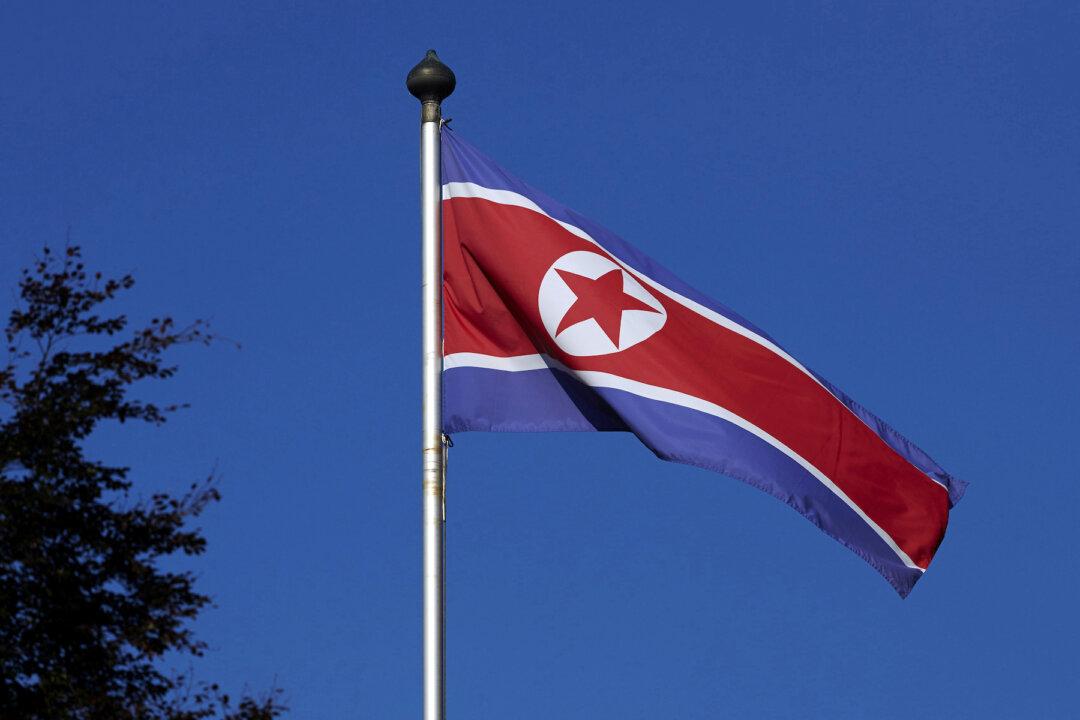North Korea on Oct. 2 criticized the International Atomic Energy Agency (IAEA) for endorsing a resolution urging the cessation of the country’s nuclear programs, calling it a “conspiracy” by the United States and its allies.
At the 67th general conference held Sept. 25–29 in Austria, IAEA member states adopted the measure calling on North Korea to halt its nuclear weapons programs and abide by the U.N. Security Council resolutions.





